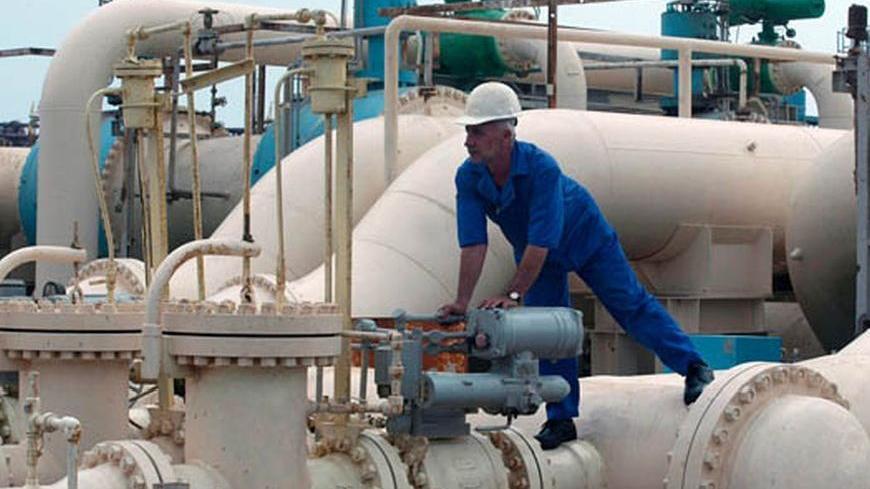As the big powers prepare for next week’s talks with Iran on its nuclear program, there is a sense of frustration and impotence in the very region which would be most affected by the development of an Iranian nuclear weapon.
There have long been complaints that the P5+1 — the five UN Security Council permanent members plus Germany — should involve the Middle East more closely in negotiations with Iran. Arms-control experts in countries such as Egypt have said that it would make sense for Cairo to join the process. The states of the Gulf Cooperation Council — Bahrain, Kuwait, Oman, Qatar, Saudi Arabia and the United Arab Emirates — are also saying that they should play a role.



